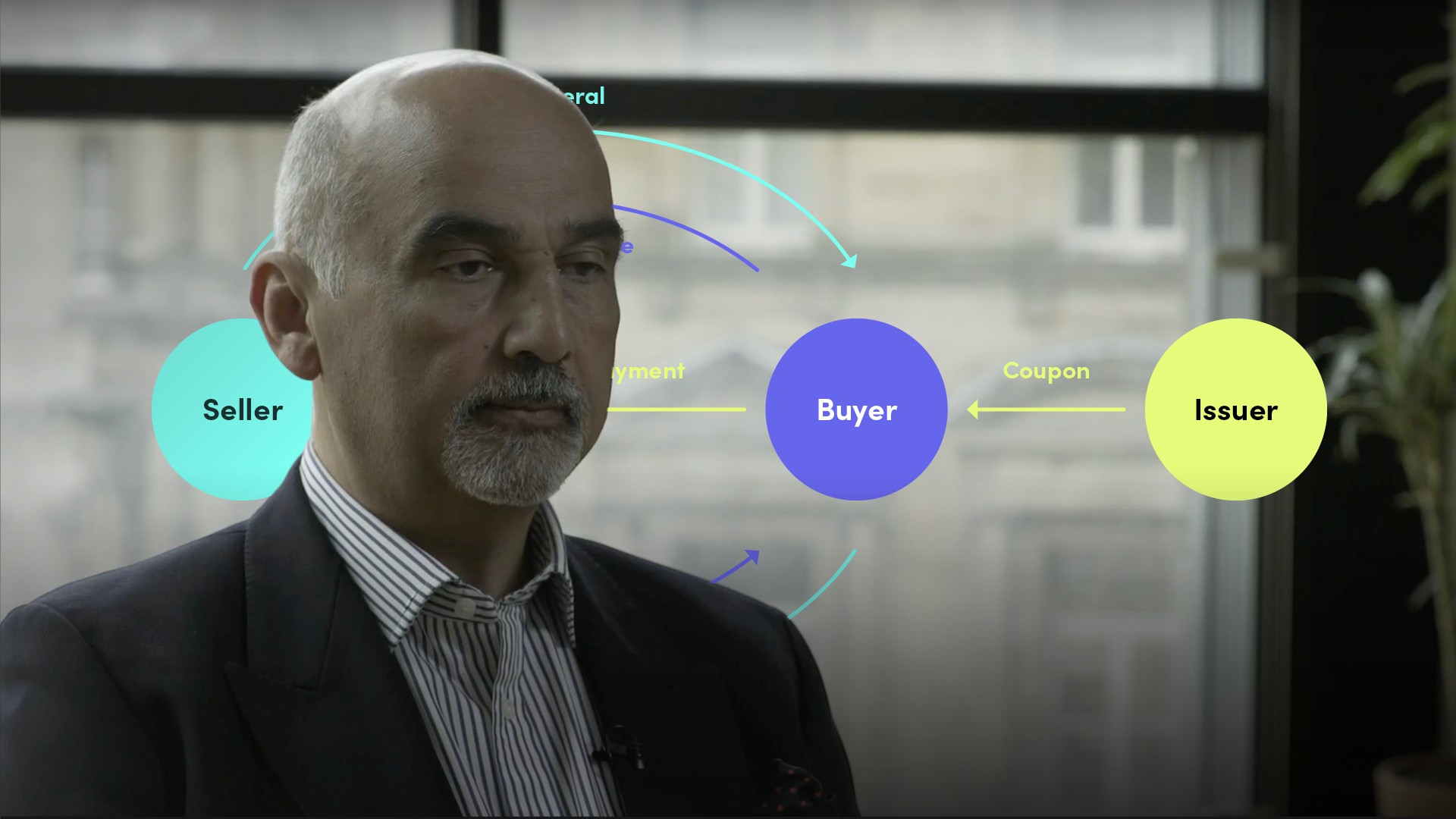
Rehypothecation
Rehypothecation occurs when the lender uses its rights to the collateral to participate in its own transactions, often with the hopes of financial gain. The process of pledging collateral as security for a loan, for example a house secured by a home mortgage, a car secured by an auto loan, securities pledged to a margin loan, a loan to a hedge fund from a prime broker to finance the purchase of assets, or securities underlying a repurchase agreement (repo), is known as hypothecation. Parties holding the hypothecated assets are permitted, with certain regulatory conditions, to re-use securities pledged to them for their own use. The re-use of pledged collateral is known as rehypothecation. There are strict rules governing this, particularly around the ultimate ownership of the underlying assets in the case the original asset may have been rehypothecated several times and an intermediate party in the rehypothecation chain defaults, leaving several parties with legal claim to the assets


